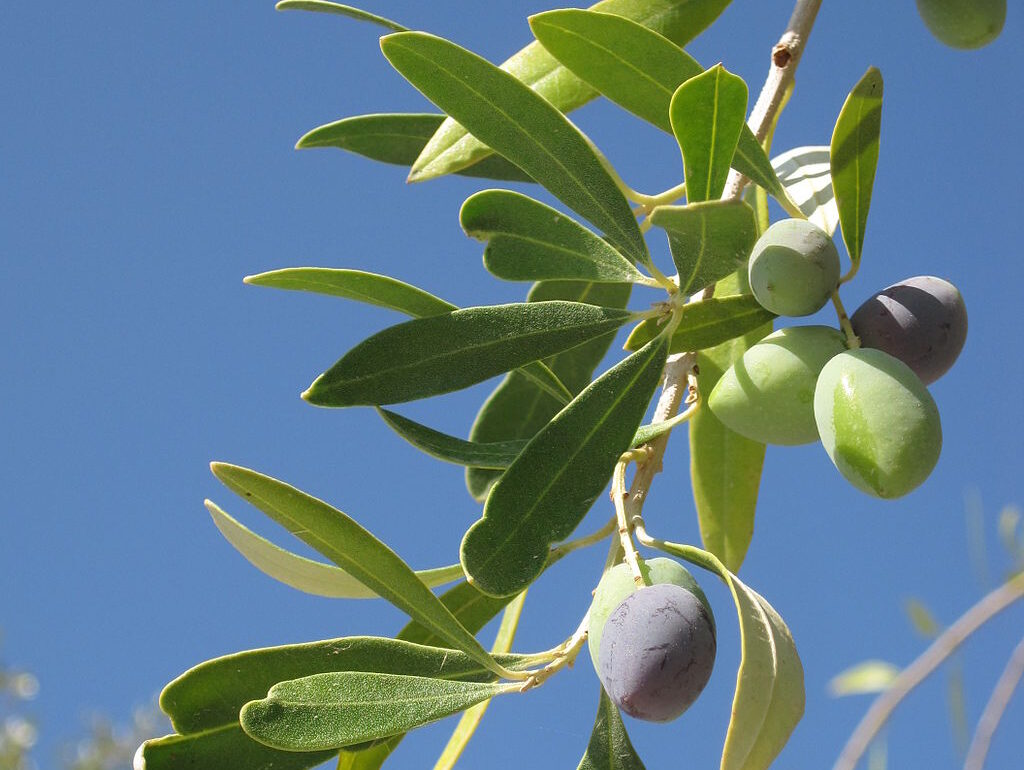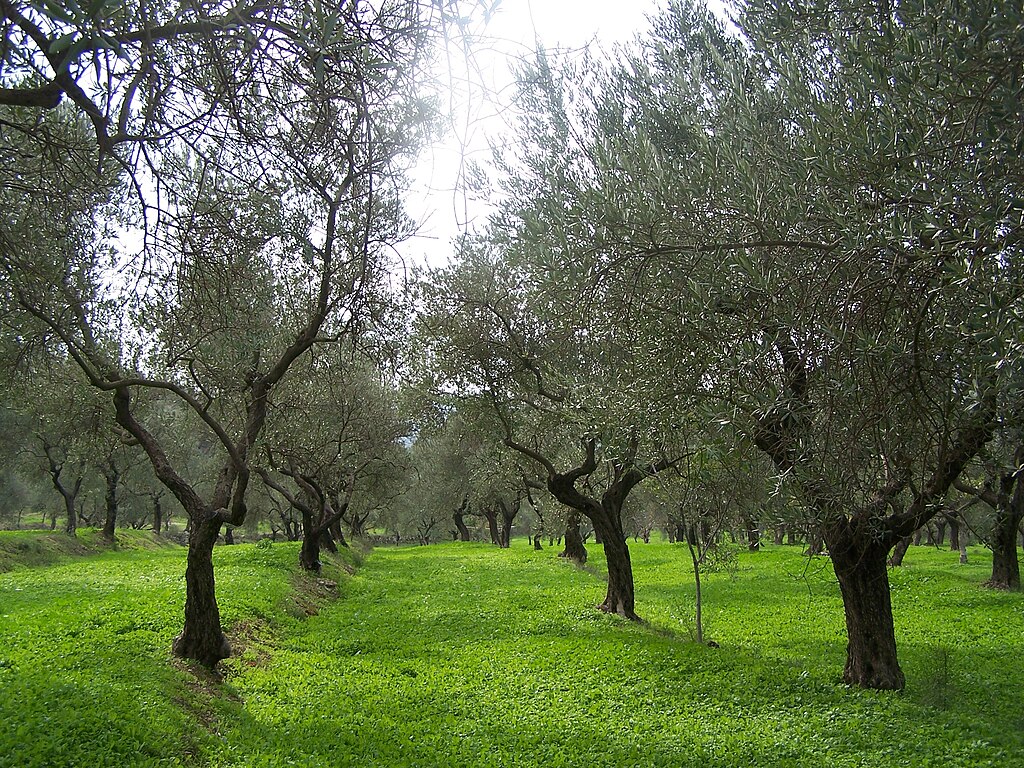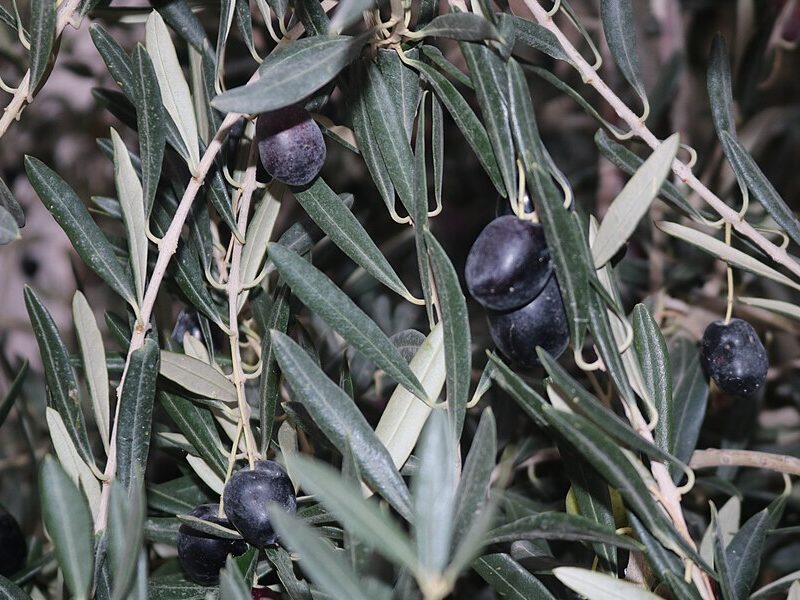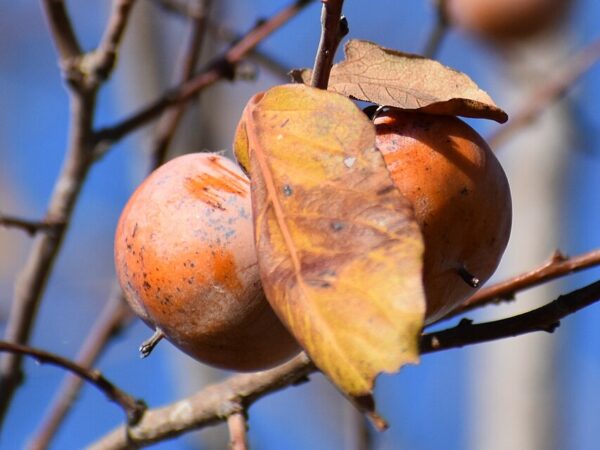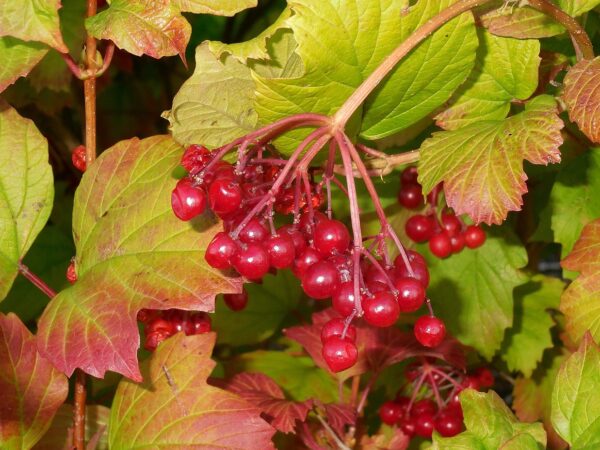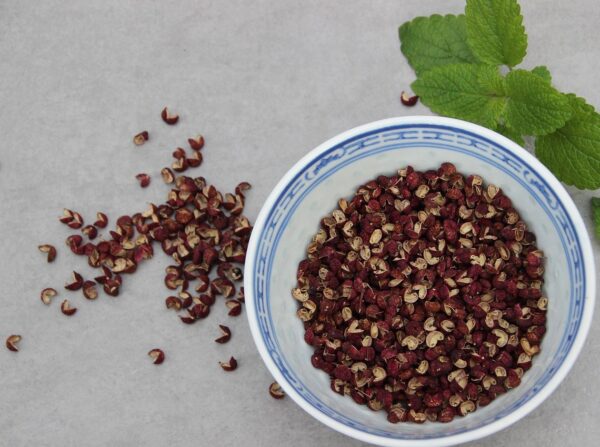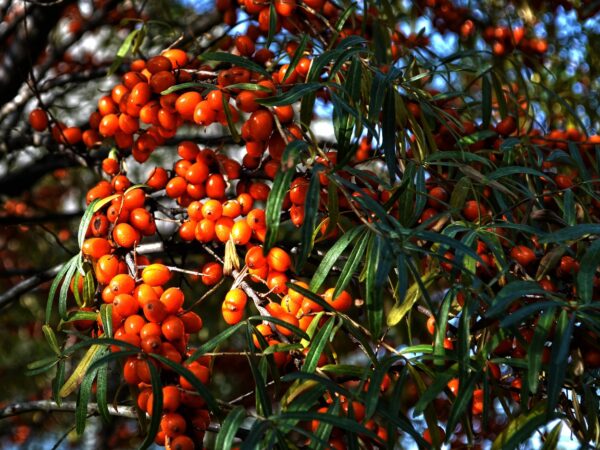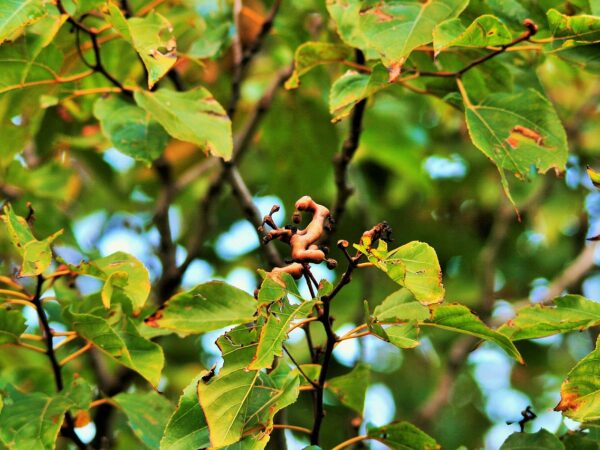Your cart is currently empty!
Additional Info
An alternative germination method:
Curing olives at home:
Cold stratifying seeds using the paper towel method:
Studies:
Traditional Uses, Phytochemistry, and Pharmacology of Olea europaea (Olive)
Description
What does one need to say about olives? They’ve been cultivated for thousands of years for crying out loud…
Here’s something a seed purveyor shouldn’t say – I don’t actually like ’em myself. Thankfully my husband does and, given his mediterranean heritage, we go through more olive oil than just about anything else. And while I can’t realistically produce enough olive oil to meet our annual needs and still have space to – you know – live, because our aspect is WNW, I can fill up the understory with oil seed sunflowers and, between the two, actually get close to producing all of our own cooking oil on our one little acre.
They’re also entirely lovely trees that are happy to be shaped into a beautiful fedge (permaculture lingo for a food-producing-hedge).
There’s something just, you know, fantastical about a gnarled old olive grove – something that promises gnomes and witches…and heaps of fruit that I don’t like.
For the technical bits –
Trees typically reach 4–8 metres tall with age, though they can be kept smaller with pruning. They thrive in full sun and free-draining soils, including poor or rocky ground. Once established, they are very drought-hardy, but good fruiting benefits from occasional deep watering and adequate nutrition and grow best in areas with hot, dry summers and cool but not extreme winters.
Most olive varieties need around 200–500 hours of winter chill (under 7°C) for consistent fruiting. They are tolerant of light frosts down to -10°C once mature. Although some types are self-fertile, better yields are achieved with cross-pollination. To ensure good pollination when growing from seed, raise at least five to eight seedlings, as seed-grown olives are genetically variable and may not all be compatible.
Germination and Cold Stratification:
Olive seeds are slow to germinate and often require patience. Stratify seeds in moist sand or peat for 8-10 weeks at 5-10°C, then move to warmth (20-25°C). Scarifying the seed coat before stratification can improve success. Even under ideal conditions, germination may take several months and be sporadic.
